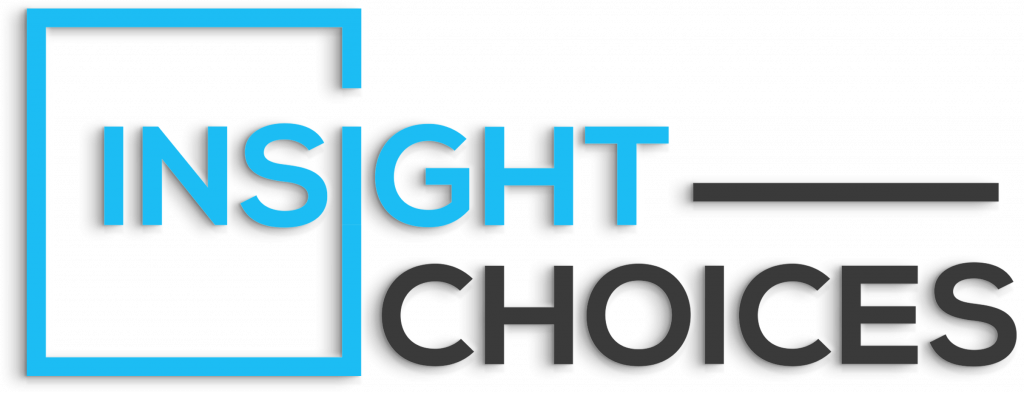Being an adult with ADD/ADHD does not have to hold you back from living a productive and meaningful life. You can create real changes in your life by learning how to manage your symptoms. Having ADD/ADHD can be a bittersweet experience since you could suffer from being disorganized and impulsive, while you could be very creative, passionate, and energetic. The key is to figure out what you are good at and setting up your environment in such a way that would support your strengths. The following are some tips on how to manage your symptoms:
Get enough exercise and spend time outdoors:
Working out is one of the most effective ways to reducing your hyperactivity and inattentiveness. Exercising can reduce your stress, calm you mind, and get rid of excessive energy or perhaps pent up aggression that may be negatively affecting your relationships. Exercising will also boost your mood and make you feel better about yourself. It is important to exercise on daily basis. So try to make exercising fun for yourself by working out with a friend or in a sport team. Spending time outdoors in green surroundings and under the sunshine will also help reduce your stress and increase your concentration.
Create a regular daily schedule of relaxing:
Mindfulness/relaxation techniques such as meditation, progressive muscle relaxation, and yoga are exercises that teach you how to better control your attention. In addition, they will increase your emotional awareness which can help you better detect and control your impulses.
Get good amount of sleep:
Lack of adequate sleep will directly increase symptoms of ADD/ADHD by reducing your ability to cope with stress and staying focused. By creating a desirable sleep hygiene for yourself, you can get solid sleep at night. So try to avoid caffeine late in the day and stick to your daily exercise schedule. Avoid checking emails or talking about intense matters one hour before you got to sleep. Create a quiet, and predictable bedtime routine such as taking a hot shower or bath, avoiding moving around too much, and doing a relaxation exercise. Note that it is very important to stick to a regular stick sleep-wake schedule even on the weekends.
Develop right eating habits:
In order to reduce your stress levels, hyperactivity, and as a result distractibility, make sure to eat small meals throughout the day in order to decrease your weight gain, mood swings and distraction which could be caused by hunger and compulsive eating. Try to avoid sugar and carbohydrates, while increasing your protein and vegetable intakes.
Increase your understanding of time:
Individuals who are dealing with ADD/ADHD have a different perception of time. In order to align your sense of time with other’s, practice to become a clock watcher at all times. Use the technology to your advantage. Wear a wrist watch and set alarms on your phones/notepad/computers that can remind you of your appointments. Before starting a task, decide how much time it will take you to finish it, say the time out loud, be mindful of the time passing, and limit yourself to only working for that amount of time on the task in order to avoid getting side tracked.
Prioritize tasks:
Finishing off tasks or projects can be overwhelming for adult with ADD/ADHD due to their impulsivity and urge of jumping from one task to another. In order to be able to finish up your tasks, make a habit of prioritizing your to do list. Ask yourself “what is the most important thing that I need to do first?” and then reorder your list accordingly. You can also set deadlines for each project even if they are self-imposed. Another important step is breaking down each task into small and manageable steps in order to make it doable for yourself.
Create structure and helpful habits:
Categorizing objects in your home and office helps tremendously in decreasing your distractions and forgetfulness. It is important to review what you need on a daily basis and find proper storage or bins for them. Designate a specific area for objects that can be easily misplaced such as keys and bills. Get rid of the clutter by deciding what you don’t need and throw them away, or put them in the storage. In addition, you can avoid the clutter and your procrastination by dealing with every thing right away. Clean up messes, file papers, and return phone calls as soon as possible. Put one afternoon aside to set up your daily-routines and keep following them. Then you are on your way to becoming organized and efficient.
Navah Elyasian, LMFT

Dr. Chang is a highly respected psychiatrist with extensive experience serving patients in the greater Los Angeles area. With a distinguished background in psychiatry, he has dedicated his career to advancing mental health care through both clinical practice and academic contributions.

